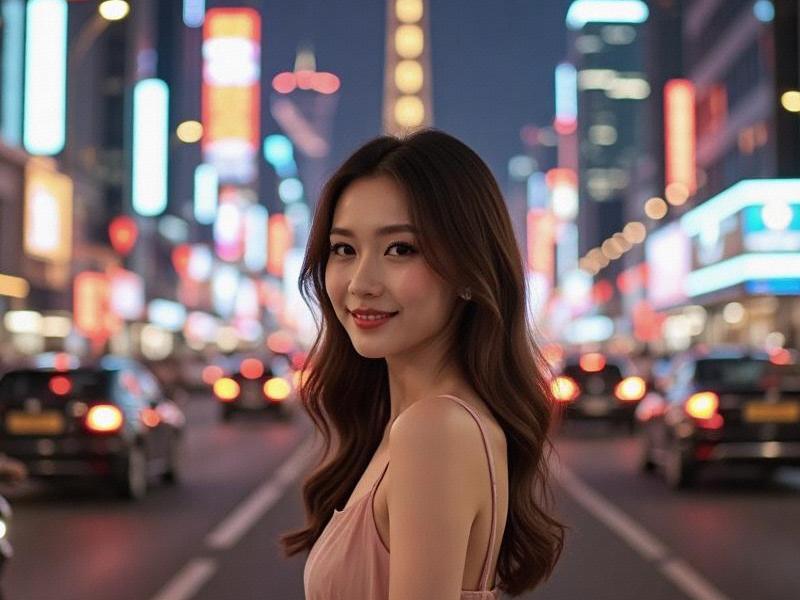This feature explores the evolving identity of modern Shanghainese women through the lenses of career advancement, fashion leadership, and social influence, examining how they're shaping China's most cosmopolitan city.

In the neon glow of Nanjing Road and the tech hubs of Zhangjiang, a new generation of Shanghainese women are crafting a distinctive urban identity that blends traditional values with global sophistication. Recent surveys by Fudan University's Gender Studies Center reveal that 68% of Shanghai-based women aged 25-40 now hold managerial positions, the highest ratio among Chinese cities.
The "Shanghai Style" phenomenon manifests in three key dimensions:
1. Professional Prowess:
新上海龙凤419会所 Shanghai leads China in female entrepreneurship, with women founding 42% of new tech startups in 2024. Notable examples include AI pioneer Dr. Xu Min, whose facial recognition algorithms now power Shanghai's smart city systems, and fashion-tech innovator Vivian Wang, whose augmented reality fitting rooms have revolutionized retail along Huaihai Road.
2. Fashion Leadership:
The Shanghai Fashion Week has emerged as Asia's second-largest fashion event, with local designers like Snow Xue Gao gaining international acclaim. Unique to Shanghai is the "Jing'an Chic" aesthetic - a fusion of qipao silhouettes with minimalist modern tailoring that dominates the financial district's power dressing scene.
上海龙凤阿拉后花园
3. Digital Influence:
Shanghai-born lifestyle vlogger "Lulu's Secret" (Zhang Lulu) has become China's third-most followed content creator with 58 million followers. Her "24 Hours in Shanghai" series showcasing hidden art spaces and culinary gems has reshaped global perceptions of the city.
上海龙凤千花1314 However, this progress coexists with challenges. The "Leftover Women" stigma persists in more traditional communities, while the pressure to maintain "perfect" appearances fuels a ¥9.8 billion annual beauty industry. Recent municipal initiatives like the Women's Career Development Fund and anti-ageism advertising regulations aim to address these issues.
The Yangtze River Delta Women's Summit, held last month in Hangzhou, highlighted Shanghai's role in regional gender equality efforts. As sociologist Professor Li Yan notes: "Shanghai women aren't just adopting global trends - they're creating a new hybrid femininity that's influencing working women from Suzhou to Singapore."
From the jazz clubs of the French Concession to the R&D labs in Pudong, Shanghainese women continue to redefine what it means to be modern, ambitious and feminine in 21st century Asia.